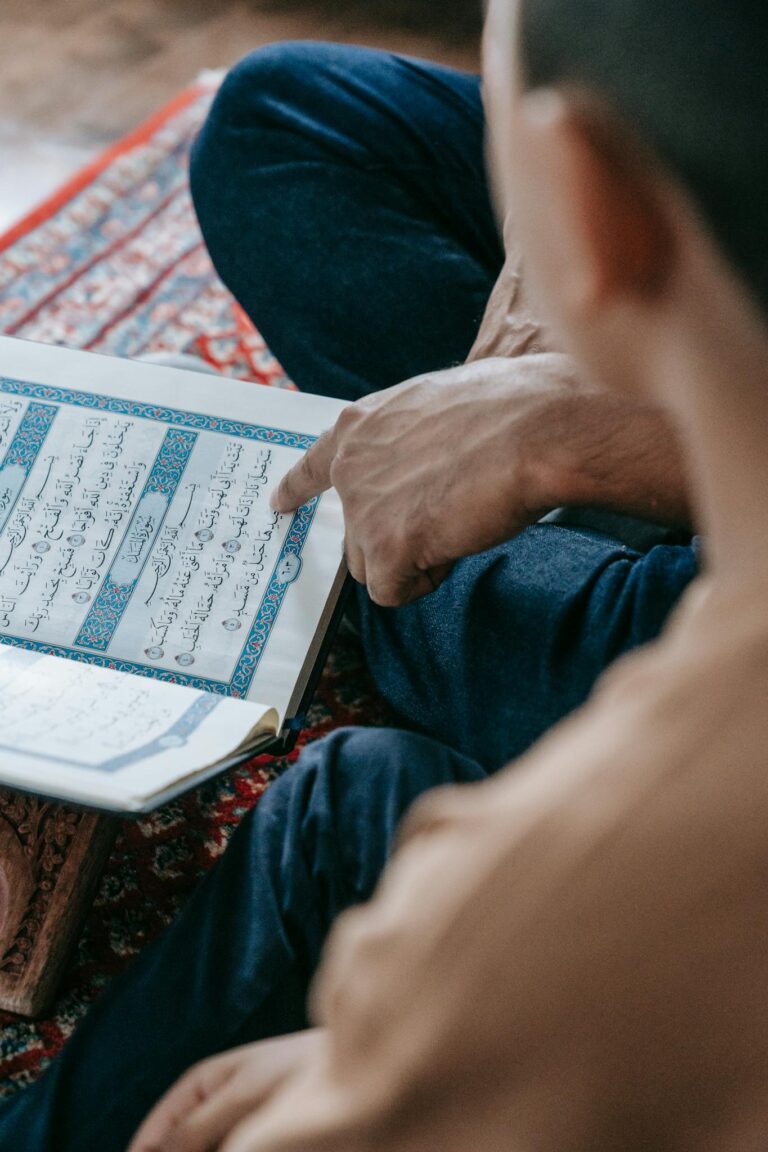MSA vs Dialect: Which Arabic Should You Learn First? (The Definitive 2025 Answer)
The msa vs dialect debate is the single biggest question that paralyzes new Arabic learners. It keeps them stuck in forums for weeks, terrified of wasting months or even years learning the “wrong” thing.
You’ve read the arguments:
“Learn a dialect, because nobody actually speaks MSA!”
“Learn MSA, because it’s the key to all formal language!”
This debate is the number one reason most aspiring Arabic speakers give up before they even start. If you’re feeling this anxiety, let me tell you two things: your concerns are 100% valid, and there is a clear, simple answer.
By the end of this short guide, you will not only have a definitive answer to the MSA vs. Dialect question, but you will feel a sense of relief and clarity about your next steps.

Understanding the MSA vs Dialect Puzzle
Before we can solve the MSA vs. Dialect puzzle, let’s quickly define our terms.
- Modern Standard Arabic (MSA): This is the universal, formal version of Arabic. It’s the language of books, news broadcasts (like Al Jazeera), political speeches, and religious texts, including the Quran. It is understood by educated speakers across the entire Arab world, from Morocco to Iraq. You can think of it as the “professional” Arabic.
- Arabic Dialects (Ammiya / العامية): This is the language of everyday life. It’s what people speak at home, in the street, and with friends. Each region has its own distinct dialect. The main dialect families are:
- Egyptian: Widely understood due to Egypt’s dominance in film and media.
- Levantine: Spoken in Lebanon, Syria, Jordan, and Palestine.
- Gulf: Spoken in countries like Saudi Arabia, UAE, and Qatar.
- Maghrebi: Spoken in North Africa (Morocco, Algeria, Tunisia).
The core problem is this: they can be very different. Someone who only knows MSA might struggle to order a coffee in Cairo, and a speaker from Morocco might struggle to understand a speaker from Kuwait. This is where the fear comes from.
The Fatal Flaw in the “Dialect First” Argument
Many people will tell you to “just learn the dialect of the country you’re interested in.” While well-intentioned, this advice is a trap for beginners and a core reason the msa vs dialect confusion exists.
Imagine you want to learn about computers. Someone tells you to ignore the Windows or macOS operating system and just learn how to use Microsoft Word. You might get good at Word, but the moment you need to use Photoshop, or browse the internet, or fix a problem, you’re completely lost. You don’t understand the fundamental principles of how the system works.
Starting with a dialect is like learning one app without understanding the operating system. You’ll be stuck in one specific context with no transferable skills.
The “Operating System” Secret: Why MSA is the Smart Choice
Here is the secret that will save you years of frustration and finally solve the msa vs dialect choice for you:
Modern Standard Arabic is the “Operating System” of the Arabic language. Dialects are the “apps” that run on it.
All dialects are derived from Classical Arabic, the ancestor of MSA. They all share a huge amount of core vocabulary, grammar, and sentence structure with MSA. This is a critical point often missed in the MSA vs. Dialect discussion.
When you learn MSA first, you are learning the fundamental system. You are building a powerful core that makes learning any dialect later incredibly easy.
- You learn the word “أريد” (ureed) for “I want” in MSA. When you later hear a Lebanese person say “بَدّي” (baddi), you’re not learning from scratch. You’re just learning a new, quicker shortcut for a concept you already understand deeply.
- You master the grammar of MSA. This gives you an intuitive feel for how Arabic sentences are built, a skill that applies everywhere.
Starting with MSA doesn’t close doors; it opens all of them. It gives you the master key to the entire Arab world.
Key Takeaway: The goal isn’t to speak pure MSA in the street. The goal is to build a foundation in MSA that allows you to rapidly pick up any dialect you are exposed to.
Your Action Plan: The Smartest Way to Start
So, what does this mean for you today, as a beginner struggling with the msa vs dialect decision?
- Commit to an “MSA First” Foundation: Make the decision to build your house on solid rock, not on sand. Focus your initial energy on the core system.
- Focus on Reading and Pronunciation: The most critical part of your MSA foundation is mastering the script and the sounds. This is a 100% transferable skill. The letter ‘ق’ is pronounced the same in an MSA book as it is in a Saudi dialect.
- Build Your Core Vocabulary: Learn the most common words in MSA. You will be shocked at how many of them are used in dialects, even if slightly modified.
This approach removes the anxiety. You are no longer making a choice between MSA and a dialect. You are starting with the one thing that will help you learn all of them.
This “MSA First” approach is the core of our philosophy, as outlined in our ultimate guide to learning Arabic for beginners.
If you’re ready to see what this structured, “MSA First” approach looks like, we’ve designed a free starter course that lays out the entire roadmap. It will show you exactly how to build that solid foundation, step-by-step.
Get Your Free Course: The Clear Path to Mastering Arabic Reading


